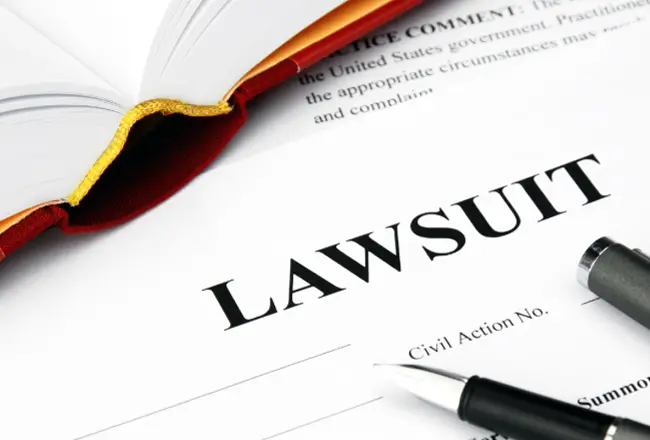The widow of a contractor is suing his former partner to protect $2 million in life insurance money that she said is meant for her husband”™s estate.
Mary Hartline of Ardsley, as administrator of the estate of Jordan Wachtell, petitioned Westchester Supreme Court on July 6 to make Gennadiy Sadykov and JGR Group Inc. give her the money, put it in escrow or restrain themselves from using it.
“Unless the court intervenes,” the petition states, “there is a danger that the proceeds will be dissipated.”
 Hartline”™s application for relief “is not only moot,” Sadykov”™s and JGR”™s attorney, Steven W. Gold, stated in a letter to the court, it is a “complete waste of judicial time and resources.”
Hartline”™s application for relief “is not only moot,” Sadykov”™s and JGR”™s attorney, Steven W. Gold, stated in a letter to the court, it is a “complete waste of judicial time and resources.”
His clients have already agreed to give Hartline the relief she seeks, he claims, and have assured that funds will not be dissipated.
Wachtell and Sadykov formed JGR Group of Ardsley in 2018 and then bought the assets of KS Renovation Group, a Manhattan home interior renovation company, for $3 million.
The partners each held half of JGR”™s shares. Wachtell was CEO, vice president and treasurer. Sadykov was president and secretary.
If either man died, according to the shareholder agreement, the survivor or the corporation was required to buy the deceased partner”™s shares.
The corporation bought life insurance policies on both men to fund the buyout, and if any money was left over, to pay to the estate of the deceased partner.
Wachtell, 57, was killed Jan. 30 in a head-on collision with a driver who was on the wrong side of the Cross-Westchester Expressway in Harrison. He was driving his son and two other teen-agers to a basketball game, and his son”™s teammate, Eric Goldberg, 17, also was killed.
JGR has received $2,021,000 from Wachtell”™s life insurance policy, according to the petition. But Sadykov and JGR have allegedly refused to transfer the money to an escrow account while the value of the business is determined.
Instead, they allegedly offered to give her the money, “but only if she waives any claim” for payments if the value of the shares is greater than the insurance payout.
Hartline claims that the estate is entitled to the full $2 million insurance payout, and even more, if the shares are worth more than the death benefit.
Attorney Fred D. Weinstein of White Plains argues that the failure to put the insurance money in escrow leaves it vulnerable to claims by the corporation”™s creditors or to conversion by Sadykov or JGR.
Their attorney, Gold, notified the court that the money has been deposited in a segregated bank account and Weinstein has been invited to review the company”™s books.
JGR”™s accountant is preparing a valuation, the letter states, and has indicated that the business is worth less than $4 million.
“Petitioner”™s manufactured concerns about the life insurance proceeds being ”˜vulnerable to attack”™ by the claims of some hypothetical ”˜creditors”™ are entirely specious,” Gold stated, “and not based on anything but petitioner”™s conjecture and imagination.”






















